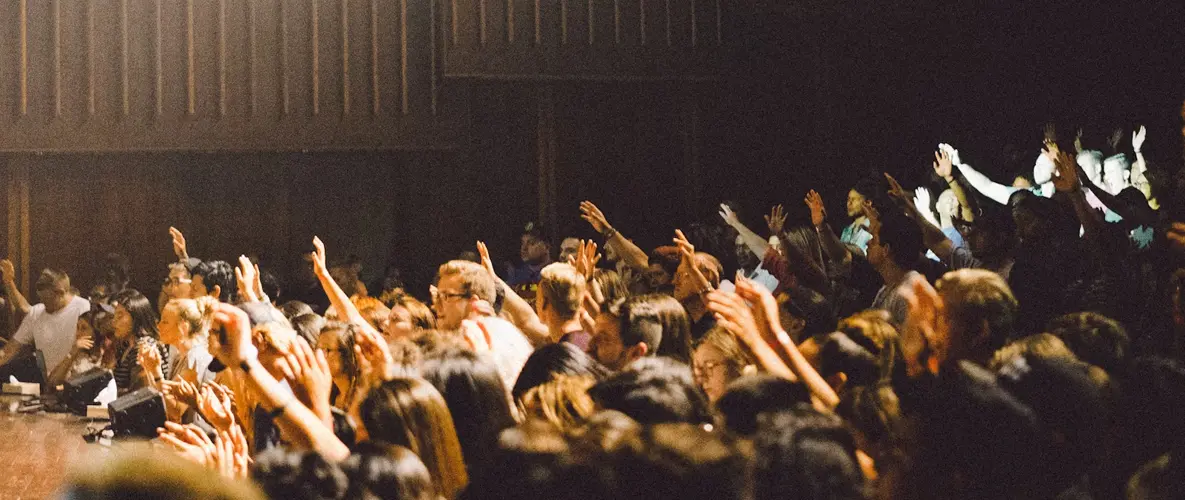Religious institutions, such as churches, mosques, synagogues, and temples, have always been places of peace and sanctuary. However, in recent years, these institutions have increasingly become targets for violence, theft, and vandalism. Ensuring the safety of worshippers and the sanctity of these spaces is more important than ever. This article will explore the unique security challenges faced by religious institutions and offer guidance on how to address them effectively.
Understanding the Security Challenges in Religious Institutions
Religious institutions face a variety of security challenges, including:
- Threat of Violence: Unfortunately, incidents of violence, including shootings and hate crimes, have been on the rise. These events highlight the need for enhanced security measures to protect worshippers during services and events.
- Vandalism and Theft: Religious institutions are often targeted by vandals and thieves, who may seek to damage property, steal valuable items, or desecrate sacred spaces.
- Open-Door Policies: Many religious institutions have open-door policies, welcoming anyone who wishes to enter. While this is in keeping with their mission, it also presents a security challenge, as it makes it difficult to control who enters the premises.
Implementing Effective Security Measures
To address these challenges, religious institutions can implement a range of security measures, including:
- Access Control Systems: Access control systems can help manage who enters the premises, particularly during off-hours. Solutions such as keycard entry, biometric scanners, and security personnel can ensure that only authorized individuals have access to certain areas.
- Security Cameras: Installing security cameras is an effective way to monitor the premises and deter potential criminals. Cameras should be strategically placed to cover all entry and exit points, as well as any areas where valuable items are stored.
- Alarm Systems: A robust alarm system is essential for detecting unauthorized entry or suspicious activity. Modern alarm systems can be integrated with mobile devices, allowing security personnel to monitor the premises remotely and receive real-time alerts.
- Security Personnel: Employing trained security personnel is another crucial step in ensuring the safety of worshippers. These individuals can monitor the premises, manage crowd control during large events, and respond quickly to any security incidents.
The Role of Community Engagement
Security is not just the responsibility of security personnel; it’s a community effort. Religious institutions can foster a culture of safety by:
- Creating a Security Committee: Establishing a security committee within the institution can help coordinate security efforts, conduct regular risk assessments, and ensure that all security measures are up to date.
- Training Volunteers: Training volunteers to recognize and report suspicious behavior can be an invaluable resource in maintaining a safe environment. Regular workshops and drills can equip volunteers with the skills they need to assist in emergencies.
- Building Relationships with Local Law Enforcement: Establishing a strong relationship with local law enforcement can enhance the security of religious institutions. Law enforcement can provide guidance on security measures, offer training sessions, and respond quickly in case of an emergency.
Tailored Security Solutions for Your Institution
Zagame Security Group specializes in providing tailored security solutions for religious institutions. Explore our customized security services designed to protect your place of worship.
Adapting to New Threats: The Importance of Continuous Evaluation
As threats continue to evolve, it’s essential for religious institutions to regularly evaluate and update their security measures. This includes staying informed about the latest security technologies and adapting to new risks as they arise.
Creating a Safe Haven for Worship
By implementing a comprehensive security strategy and fostering a culture of safety within the community, religious institutions can create a safe haven for worshippers. In doing so, they can ensure that their spaces remain places of peace, reflection, and spiritual growth.





